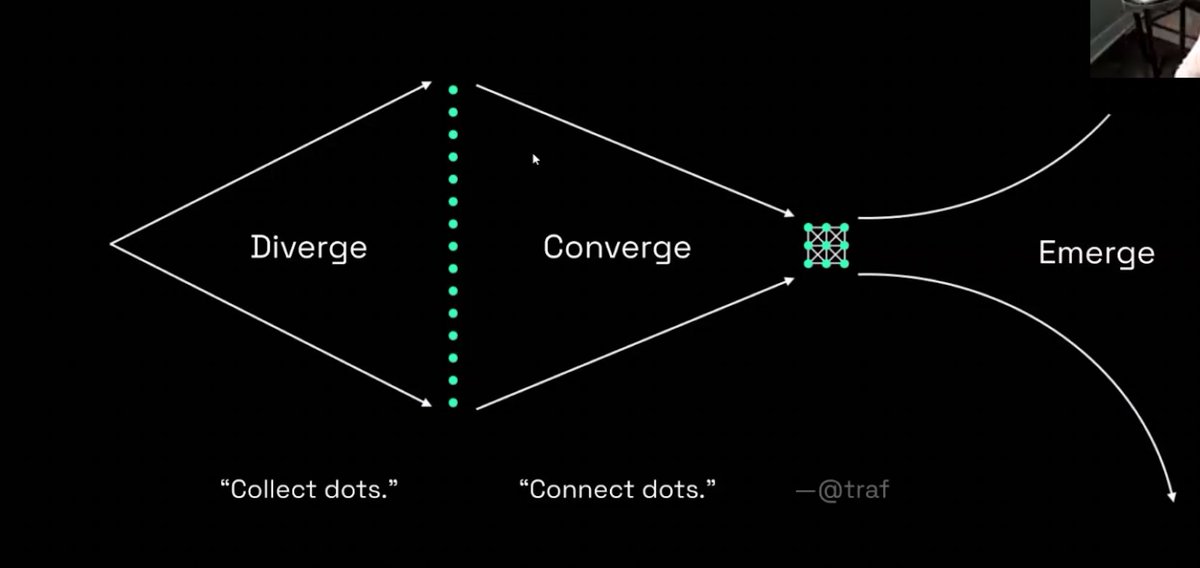2/n
A lot of people on Twitter have really strong opinions about grad degrees (MBA or MS). If you are a 25-year-old PM thinking about whether to do an MBA or not, just ask where you want to be by the time you are 40.
1/n
2/n
If you plot a graph, there will be people at the extremes.
Unless you are willing to take bets in your career with more risk than the average person, basically an alpha bet, mostly you will land there.
Also, remember that higher education is about optionality.
Don't make a decision on whether to do an MBA based on someone who did a BS from Stanford, made it big in the valley, is now saying education is useless.
Your circumstances are different. Your goal might be different.
You might even aspire to have an average balanced life. So do whatever makes sense based on a 20-year-old horizon, if not more.
Hence whenever I see people shitting on colleges, I send them this: https://t.co/ZstkhoIdBj
You don't understand the importance of a college when you are studying there.
Funny story, after 2 years of working in Product I applied to an unicorn,
The same happened 4 years later. I applied for SPM roles, and the hiring manager of one
And I think I can work hard and get where I want anyway.
Also if you see a VC on Twitter tell you MBAs are stupid, go to their firm website, and see how many
Also, see how many partners got their MBA from tier 1 colleges.
Look at data and not raw emotions.
Most people are for themselves. They probably don't care. They probably don't think about you at all.
/end
More from Education
You May Also Like
I think a plausible explanation is that whatever Corbyn says or does, his critics will denounce - no matter how much hypocrisy it necessitates.
Corbyn opposes the exploitation of foreign sweatshop-workers - Labour MPs complain he's like Nigel
He speaks up in defence of migrants - Labour MPs whinge that he's not listening to the public's very real concerns about immigration:
He's wrong to prioritise Labour Party members over the public:
He's wrong to prioritise the public over Labour Party
One of the oddest features of the Labour tax row is how raising allowances, which the media allowed the LDs to describe as progressive (in spite of evidence to contrary) through the coalition years, is now seen by everyone as very right wing
— Tom Clark (@prospect_clark) November 2, 2018
Corbyn opposes the exploitation of foreign sweatshop-workers - Labour MPs complain he's like Nigel
He speaks up in defence of migrants - Labour MPs whinge that he's not listening to the public's very real concerns about immigration:
He's wrong to prioritise Labour Party members over the public:
He's wrong to prioritise the public over Labour Party
















